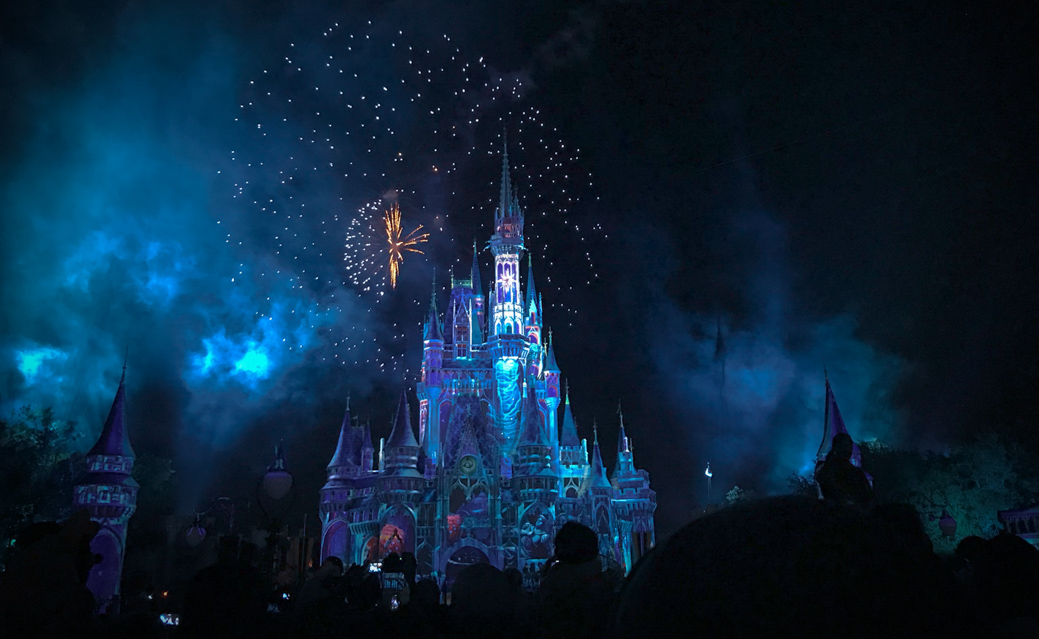How the impact of movie theatres sustains their future
Predicting the tides of content consumption as the way we watch constantly changes.
It may be hard to choose a side in the Scarlett Johansson versus Disney lawsuit as, on a surface level, it looks like an actress worth millions suing a giant corporation worth billions for not paying her more during a pandemic. However, this issue is more complex than it lets on, as it gives insight into the future of movie theatres, streaming, and how this affects viewers.
The basis of the lawsuit is that Johansson is suing Disney for a breach of contract, claiming that they deprived her of potential earnings of up to $50 million due to the simultaneous release of the movie Black Widow in theatres and on Disney+. But Disney claims to have fully complied with Johansson’s contract, revealing that she earned $20 million from the film’s success. If Johansson does win this case, it could set a beneficial precedent for future actors who cannot afford the costs of standing up to a company as big as Disney.
Many filmmakers fear that the theatrical model is dying, as more movies are released on streaming services simultaneously or even exclusively. This provides more money for the giant corporations behind streaming companies as opposed to compensating the people who are involved in making the film.
Technology has changed how we consume content, and streaming platforms are no exception as they provide viewers with way more movie options than the select handful that are available in theatres at a time. While streaming services put the power in the viewers’ hands to choose what they want to watch, they also take away the power of big moments in movie history. There are few of these events in life where we share a special memory with strangers—memories where we can recall our anticipation and excitement for a film years after its release. However, these iconic cultural moments are not made from the movie alone, but rather from how it brings the community together. In 2019, just a year before people would need to distance themselves from each other, Avengers: Endgame brought everyone together for the end of an era; it was the highly awaited continuation of Marvel’s Avengers: Infinity War, which left people devasted by its final scene back in 2018. After the long wait, everyone could not wait to see Avengers: Endgame, and it was all people could talk about. This was a defining moment in our cultural zeitgeist as opposed to the more curated culture of streaming where specific titles will make noise in specific circles.
However, it is not just large movie franchises that are affected. Indie movies, like Moonlight or Parasite, normally rely on independent theatre markets, gaining traction through word of mouth before exploding in popularity and reaping the benefits of critical and commercial acclaim. In these cases, both the producers and the viewers themselves want these films to succeed financially, as a failure for independent productions can deal a fatal blow. This model of success can’t be replicated under streaming services that prioritize their original content over licensed films to maximize their gains. Since filmmakers will always need a platform for their art, especially in a time where theatrical releases are not viable, these streaming companies have a monopoly over what content reaches viewers.
Box office numbers throughout 2021 show that there is still a need for movie theatres, as their slow re-openings have seen films rake in hundreds of millions of dollars. This does not come as a surprise to anyone who has ever seen a film in theatres. Streaming movies at home surrounds you with potential distractions—you could use your phone for as long as you want, but in a movie theatre, proper viewing etiquette is to put your phone away. The experience of being immersed in a movie on the big screen with the rest of the audience is incomparable. The energy is undeniable as everyone laughs, gasps, shouts, and cries out together in harmony. How can Disney+ think that charging $34.99 to watch its new movies at home alone can serve as a replacement for such a powerful and unifying experience?

